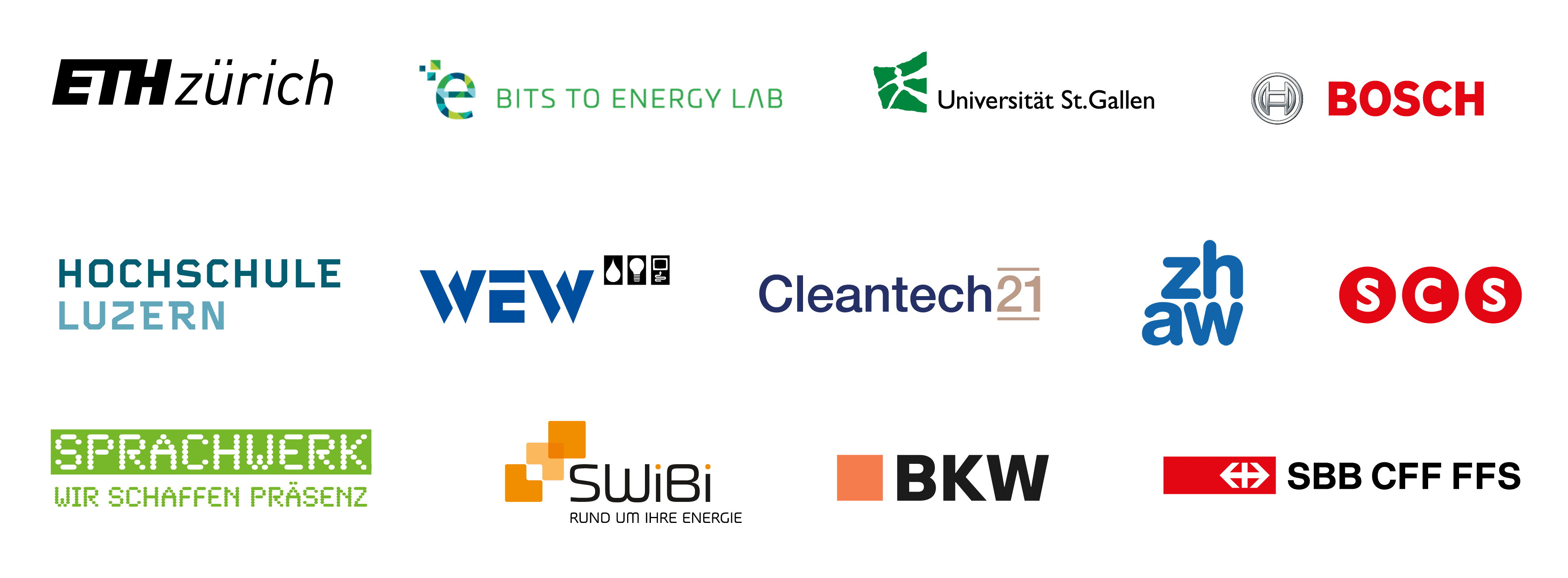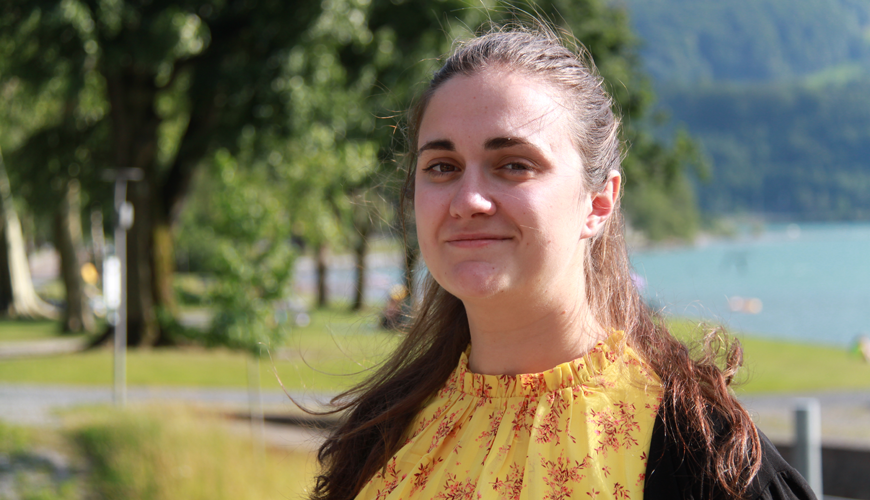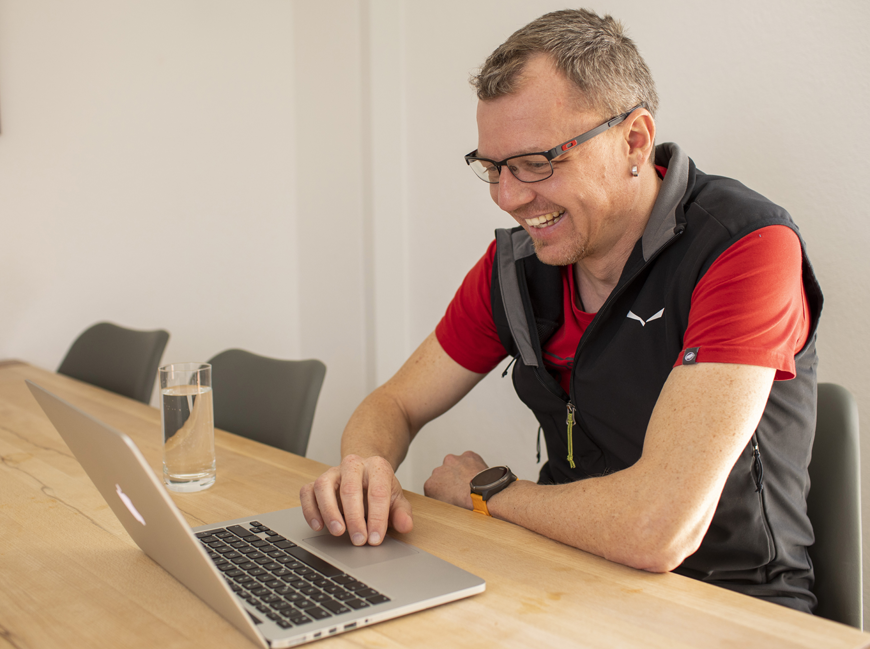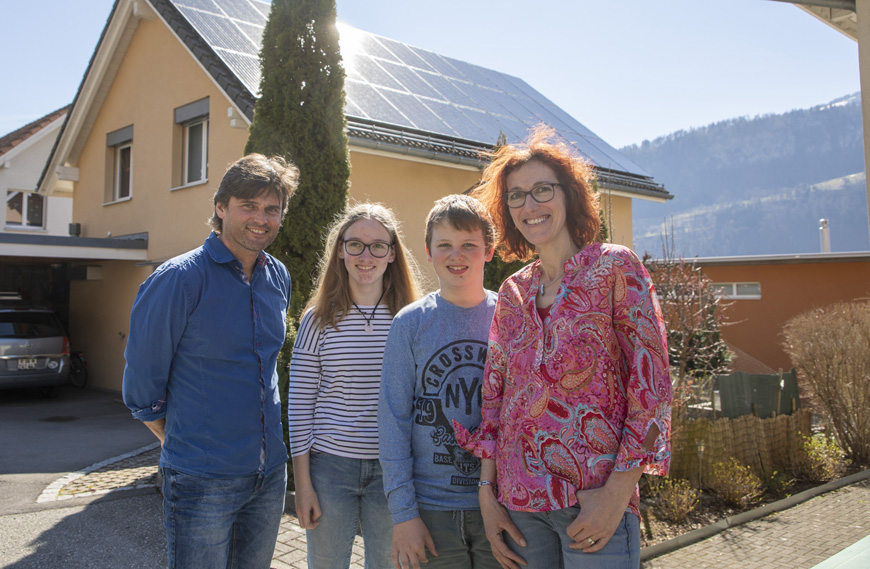
How can users be engaged?
Innovative concepts, such as local electricity markets, rise and fall with their user acceptance. Therefore, a research group at ETH Zurich is evaluating the needs of users in terms of information requirements, user interface design, system use, and potential private investments in the spread of the renewable energy infrastructure.
Perceived concerns versus the desire for independence
Obstacles in projects involving new technologies typically include the difficulty of perceiving added value, concerns about technical complexity, and lack of interest. In addition, there is often a reluctance to engage with novel ideas. On top of that, blockchain-based solutions face further concerns: Can data protection be guaranteed? What happens to privacy rights? These concerns are in contrast to the greater population’s desire for a sustainable energy supply, security of supply and local independence.
The focus is on user needs
Involving potential users early in the development of new technologies is considered the gold standard in product development. What are the needs of photovoltaic system owners in a local electricity market, and what are the needs of electricity buyers? How should the user interface be designed? To what extent do the participants engage with the information presented? What will attract potential market participants to join?
Pilot test in Walenstadt
The Bits to Energy Lab team at ETH Zurich is currently examining these questions and is incorporating its findings on user needs directly into the user interface design for an app that is available to participating households. Once the local electricity market has been established in Walenstadt, user acceptance and actual behavior can be examined in practice in the field.
Responsible party:
Bits to Energy Lab, ETH Zürich
Scientific publication
The article “User behavior in a real-world peer-to-peer electricity market” shows the results of behavioral research in the context of neighbourhood electricity and thus provides empirical findings on the user behavior of households and their future role in decentralized energy scenarios.
L. Ableitner, V. Tiefenbeck, A. Meeuw, A. Wörner, E. Fleisch, F. Wortmann: User behavior in a real-world peer-to-peer electricity market, Applied Energy 270 (2020) 1150
 |
Liliane Ableitner PhD Candidate Bits to Energy Lab ETH Zürich |
“The success of local electricity markets depends greatly on its users: they are the ones who provide the infrastructure by expanding the solar power systems in the long term. We are committed to building an elegant and appealing solution for users. It should provide maximum benefit for individuals and for the community as a whole, while requiring minimal effort from its users.”
Related posts
Wie ticken die User?
Für die Begleitforschung von «Quartierstrom» ist das Bits-to-Energy-Lab der ETH Zürich zuständig. Um festzustellen, unter welchen Bedingungen nachbarschaftliche Energieverbunde erfolgreich sein können, wird das Nutzerverhalten...
Fortsetzung erwünscht
Obwohl Adrian Broder und seine Familie keine eigene Photovoltaikanlage besitzen, zögerten sie keinen Moment, beim Projekt Quartierstrom mitzumachen. Zum einen interessiert sich der Elektroprojektleiter für...
Strommanagerin mit Begeisterung
Nadine Hässig und ihre Familie sind mit Begeisterung beim Projekt Quartierstrom dabei. Sie bezeichnet sich selber als aktive Nutzerin, die mindestens einmal täglich das Onlineportal...
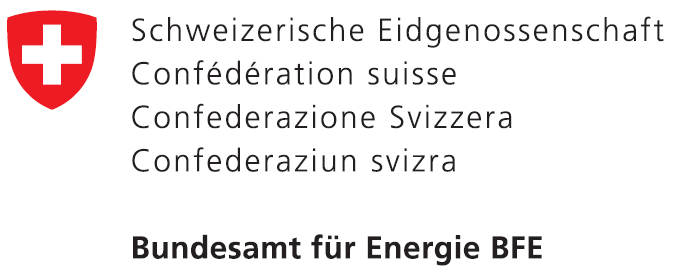
The Quartierstrom project (2018-2020) was supported by the pilot, demonstration and lighthouse program of the Swiss Federal Office of Energy (SFOE).
